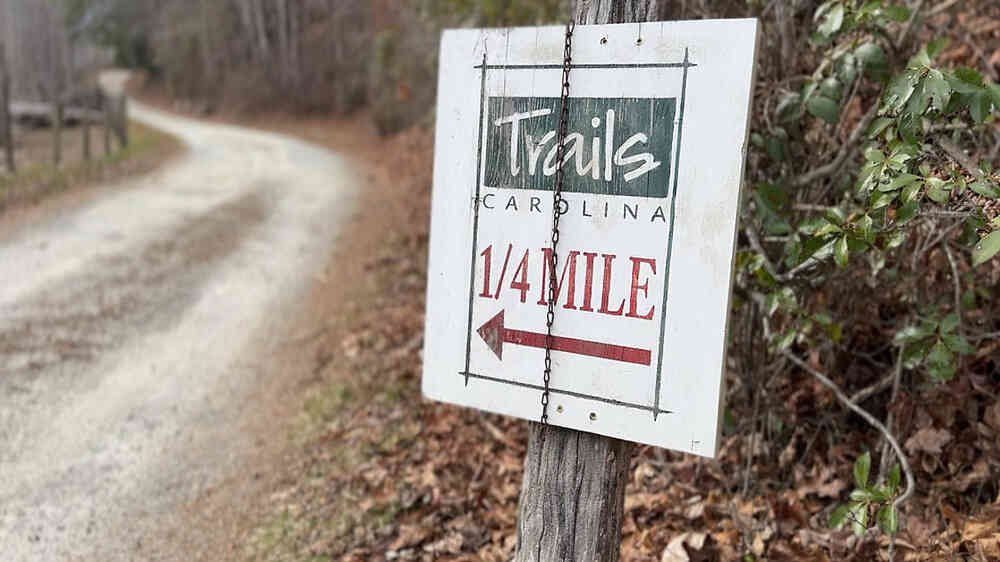Trails Carolina Investigation: Shocking Abuse Exposed
Introduction
Trails Carolina was once considered a promising wilderness therapy program aimed at helping troubled youth reclaim their lives through nature-based rehabilitation. However, in recent years, its name has become synonymous with scandal, abuse allegations, and systemic failure. The Trails Carolina investigation has unearthed disturbing claims of mistreatment, neglect, and even the tragic death of a young participant, leading to widespread media attention, legal action, and public outcry. For concerned parents, youth advocates, and those involved in the teen therapy industry, the unraveling of Trails Carolina has raised serious questions about how these programs are monitored and what protections are in place for vulnerable children.
History and Mission of Trails Carolina
Founded with the intention of offering outdoor therapeutic experiences for adolescents struggling with behavioral and emotional challenges, Trails Carolina operated out of the scenic woods of North Carolina. Marketed as a transformative wilderness therapy program, it promised structured discipline, individualized therapy, and nature immersion designed to promote emotional growth. The program targeted children aged 10 to 17 dealing with depression, anxiety, ADHD, trauma, and substance use. However, despite its appealing promotional material, the underlying operations at Trails Carolina began to reveal a starkly different narrative—one that prioritized control over care and secrecy over transparency.
Allegations of Abuse and Neglect
The heart of the Trails Carolina investigation centers on testimonies from former participants who detail harrowing experiences within the program. Many of them describe emotional and physical abuse, including prolonged isolation, lack of basic necessities, forced physical exertion, and humiliation by staff. According to multiple accounts, teens were often denied contact with their families and punished for expressing distress. In some reports, children were placed in restrictive sleeping sacks called “bivy sacks” or made to hike while ill or injured. Others recount a culture of fear, where seeking help or speaking up led to harsher treatment rather than support. These disturbing narratives paint a picture of a program that may have inflicted more harm than healing.
The Tragedy and Its Aftermath
The investigation escalated significantly following the death of 12-year-old Clark Harman in early 2024. Clark, one of the youngest participants in the program, died under circumstances that raised serious concerns about supervision, training, and emergency response protocols. Initial reports suggested medical neglect and delayed intervention contributed to the tragedy. As word of his death spread, public outrage intensified, prompting further scrutiny of the program. Parents, former staff, and survivors began coming forward, fueling the demand for justice and systemic change. Clark’s death became a pivotal moment, forcing state regulators and lawmakers to confront the dangerous gaps in oversight of these facilities.
Official Investigations and Government Action
In response to mounting pressure and damning evidence, the North Carolina Department of Health and Human Services (NCDHHS) launched a comprehensive investigation into Trails Carolina. Inspectors identified numerous violations, including unsanitary living conditions, lack of medical preparedness, and unqualified staff members handling vulnerable youth. Based on these findings, NCDHHS revoked the program’s license in May 2024, effectively shutting it down. The state agency’s decisive action reflected a growing awareness that regulatory frameworks had failed to protect the children under Trails Carolina’s care. This move also signaled to other similar programs that non-compliance and misconduct would no longer be tolerated.
Legal Proceedings and Lawsuits
As the Trails Carolina investigation progressed, a wave of legal action followed. Families of affected children, including the Harman family, filed lawsuits against the program and its parent company, Family Help & Wellness. The suits alleged wrongful death, sexual misconduct by staff, and gross negligence in program management. Some lawsuits claim that program leaders were aware of abuse but failed to take corrective action. In several instances, former staff members have faced individual allegations of physical or sexual abuse. The ongoing litigation not only seeks justice for victims but also aims to expose the deeper systemic flaws that allowed such a culture of harm to persist.
Media Coverage and Public Backlash
The Trails Carolina investigation quickly captured media attention across the country. Major outlets like NBC News, CNN, and The New York Times published in-depth stories, amplifying survivor voices and exposing the darker realities of the so-called therapeutic wilderness. Simultaneously, social media platforms erupted with firsthand accounts, video testimonials, and hashtags like #ShutDownTrails and #JusticeForClark. The online exposure led to a viral movement advocating for reform in the troubled teen industry. The public backlash not only destroyed Trails Carolina’s reputation but also sparked new conversations about accountability, transparency, and children’s rights in behavioral treatment programs.
Closure of Related Facilities
The fallout from the Trails Carolina case did not stop at one facility. Other programs affiliated with Family Help & Wellness, including Asheville Academy, also came under investigation. After a series of student suicides and additional abuse claims, Asheville Academy shut down operations in mid-2025. These closures revealed a concerning trend: multiple facilities under the same corporate umbrella allegedly shared similar patterns of abuse, neglect, and cover-ups. This pattern highlighted the urgent need for better screening, regulation, and public reporting mechanisms for all therapeutic programs working with minors.
Broader Impact on Wilderness Therapy Industry
The Trails Carolina investigation has become a catalyst for reevaluating the entire wilderness therapy industry. Lawmakers in North Carolina and other states have proposed new bills to mandate higher staffing qualifications, increase transparency, and introduce independent auditing of teen programs. Mental health advocates have also called for federal-level legislation to regulate this largely unmonitored sector. The incident served as a painful wake-up call, urging stakeholders to shift the focus from profit and performance metrics to child safety and ethical treatment. For the first time in decades, there is real momentum toward reshaping how therapeutic care is delivered to struggling youth.
How to Choose Safe Alternatives for Troubled Teens
For parents still seeking help for their children, the Trails Carolina scandal underscores the importance of choosing programs wisely. Warning signs include lack of accreditation, vague staff qualifications, and restricted communication between teens and families. Reputable programs are typically accredited by organizations like the Joint Commission or CARF and are transparent about their methodologies and outcomes. Parents should seek out programs that involve licensed professionals, allow regular parental involvement, and are open to third-party evaluations. Nonprofits such as the National Youth Rights Association also provide guidance on safe and ethical treatment options for minors. Being well-informed and cautious can prevent future tragedies and ensure children receive the care they truly need.
Conclusion
The Trails Carolina investigation has revealed deep and disturbing truths about the world of wilderness therapy. What began as a promise to help teens heal evolved into a tale of abuse, negligence, and fatal consequences. The fallout has prompted vital changes, including regulatory reform, legal accountability, and a more vigilant public. As the nation watches the outcome of ongoing lawsuits and legislation, one thing remains clear: the welfare of children must always come before profit or outdated treatment models. The industry must evolve, and the tragedy at Trails Carolina must never be repeated.
Do Read: Disney World Wrongful Death Lawsuit: What You Need to Know




